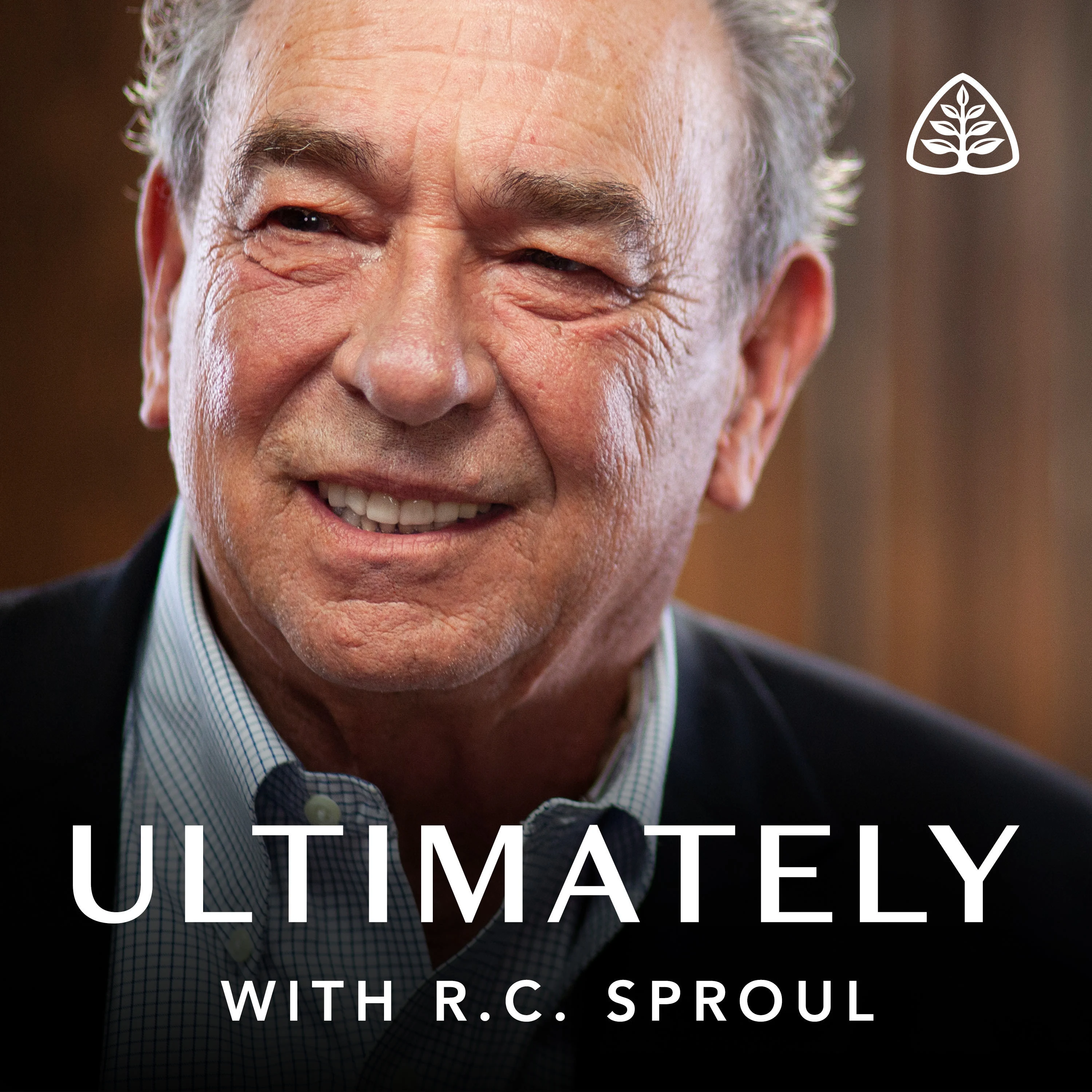Called to Suffer?

God has a purpose for our pain, and a time is coming when He will call each of us to die. Today, R.C. Sproul describes the perspective we gain when we understand that suffering is part of our calling as Christians.
We’re living in a secular culture. One word that we still use in the secular culture that has religious origins is this word vocation. A vocation literally is, what? A calling. It comes from the Latin verb “to call” as the word vocal comes from vocalization. Vocation means “to call,” and Christianity believes that not only ministers are called into the ministry, but lawyers are called into the law, and doctors into medicine, and contractors into construction, and so on. That God has a call on our lives, and what we do with our lives is in response to a divine calling.
Now, that’s not only true for Jesus, but that’s true for every Christian. Every Christian has a vocation. And normally, we just use the terms vocation and career as if they were synonyms. But sometimes, God calls you to change your career. Sometimes, He calls you from one field into another, from one job into another. And what I’d like you to think about is this: that maybe right now, your number one vocation in life is to be a mother, or a teacher, or a banker, or a judge. But maybe starting tomorrow morning at nine o’clock, your chief vocation in this life for the glory of God may be to suffer.
At some point, God calls each one of us to die. I was reading a book about a doctor who made the observation of how difficult it is to deal with those who have been diagnosed with a terminal illness. What do you say? Do you come right out and bluntly tell them the situation? Do you speak euphemistically? Do you sugarcoat the news to protect people from it? Then he made this observation. He says that so often, the people who state so vehemently that they want to hear the truth are the least able to deal with it. Isn’t that an interesting observation? Maybe it’s because we’re so frightened about it that we make such strong statements that when it does come, we can’t handle it. And I don’t know what it is to be told that you have a terminal illness, and I’m not sure how I would be able to handle that if it comes to me.
But I know this. That if I have to face suffering because it’s an accident, or because the devil causes it, or because it’s simply the natural consequences of my own wickedness, there is precious little motivation to be heroic under any of those options. Now understand this: I’m not a masochist, and I have no desire to suffer, and I am not volunteering right now. But it would be one thing for me to have to suffer and say I’m suffering because it’s a result of my own sin, or I’m suffering because of Satan, or I’m suffering fortuitously. But it’s another thing if Christ walked in that room right now and said, “R.C., do you belong to Me?” I say, “Yes, Lord.” If Christ said, “I want you to suffer for Me,” I wouldn’t want to do it, looking at the suffering in and of itself. But if I knew that that’s what God was calling me to do, I think I’d be able to bear it a little bit better than if it were looked upon as being purely by accident, don’t you? Especially knowing the promise of God. God never promises people they won’t have to go through the valley of the shadow of death. What He promises is that He promises to go with us.
Recent Episodes
We Must Obey God Rather than Men
February 18, 2026|Ethics
Trust God’s Promises, Not Your Passions
February 16, 2026|Life Issues
Why Humanism Fails
February 13, 2026|Opposing Worldviews
God Needs Nothing
February 11, 2026|The Nature of God
Since God Is Sovereign, Why Evangelize?
February 9, 2026|Evangelism and Missions
Perseverance of the Saints
February 6, 2026|Perseverance of the Saints
